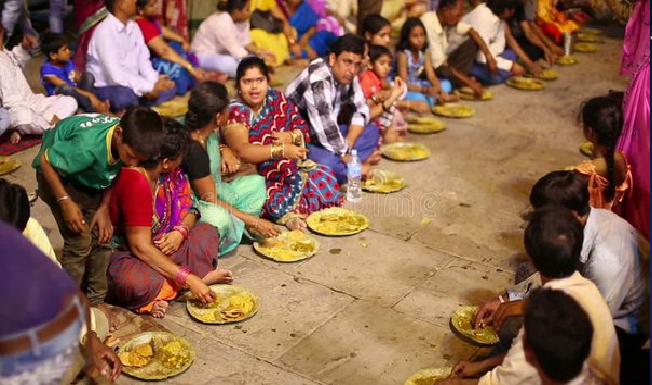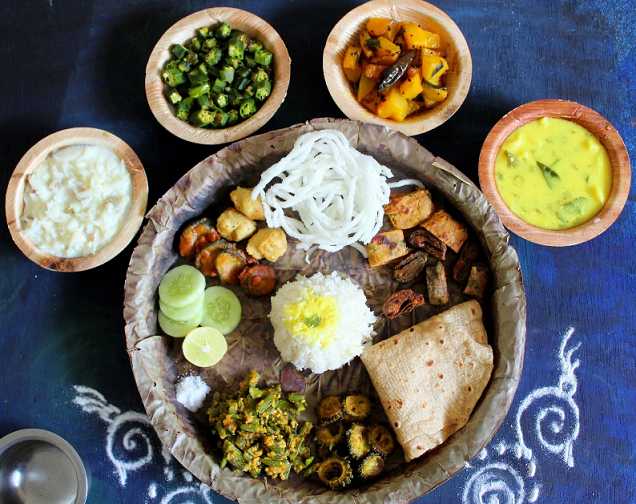Feeding the Poor During Pitru Paksha and Shradh Ceremonies
In the tapestry of Hindu traditions and rituals, Pitru Paksha and the Shradh ceremonies hold a special place. These observances are dedicated to honoring one’s ancestors and seeking their blessings. Among the various rituals performed during this time, one of the most profound acts of devotion was feeding the poor and needy. This practice not only nourishes the body but also feeds the soul with the essence of selfless service and compassion.
The Significance of Pitru Paksha: Pitru Paksha, the fortnight of ancestors, typically falls in the Hindu lunar month of Bhadrapada (September–October). It is believed that during this period, the souls of deceased ancestors visit the earthly realm. Hindus perform various rituals and ceremonies during Pitru Paksha to pay homage to their forefathers and ensure their spiritual well-being in the afterlife.
The Essence of Shradh: The Shradh ceremonies are an integral part of Pitru Paksha. Families gather to remember and honor their departed loved ones. Central to these rituals is the offering of food and water to ancestors. This symbolic act is a way of providing nourishment to the souls of the deceased.
Feeding the Poor: A Noble Tradition: Feeding the poor and needy during Pitru Paksha and Shradh ceremonies is a tradition deeply rooted in Hindu culture. It is an embodiment of the principle of “seva” (selfless service) and reflects the belief that acts of kindness and charity can benefit both the living and the departed souls.
The Historical Context: The tradition of feeding the poor during Pitru Paksha has a long history dating back to ancient times. It finds mention in various Hindu scriptures and epics, including the Mahabharata and the Puranas. These texts emphasize the importance of charitable acts and the merit one earns by serving those in need.
The Spiritual Significance:
- Earning Merit: Hindus believe in the concept of karma, where actions have consequences. Feeding the poor and performing acts of charity during Pitru Paksha are believed to earn merit (punya) for the living and the ancestors. It is seen as a way to balance any negative karma and progress spiritually.
- Seeking Blessings: By serving the less fortunate, individuals seek the blessings of their ancestors. It is believed that the departed souls are pleased when their descendants engage in acts of compassion and generosity.
- Fulfilling Ancestral Duties: Hinduism places great importance on fulfilling one’s duties and obligations. Providing food and support to those in need is seen as a way of fulfilling one’s ancestral duties and honoring the teachings of one’s forefathers.
Feeding the poor during Pitru Paksha and Shradh ceremonies is not just a ritual; it is a profound expression of love, compassion, and selflessness. It bridges the gap between generations, reminding us of our interconnectedness and shared humanity. This tradition teaches us that the act of giving is a source of spiritual growth, bringing solace to both the living and the departed. As we continue to uphold this noble practice, we honor the legacy of our ancestors and nourish our own souls with the virtues of kindness and empathy.


